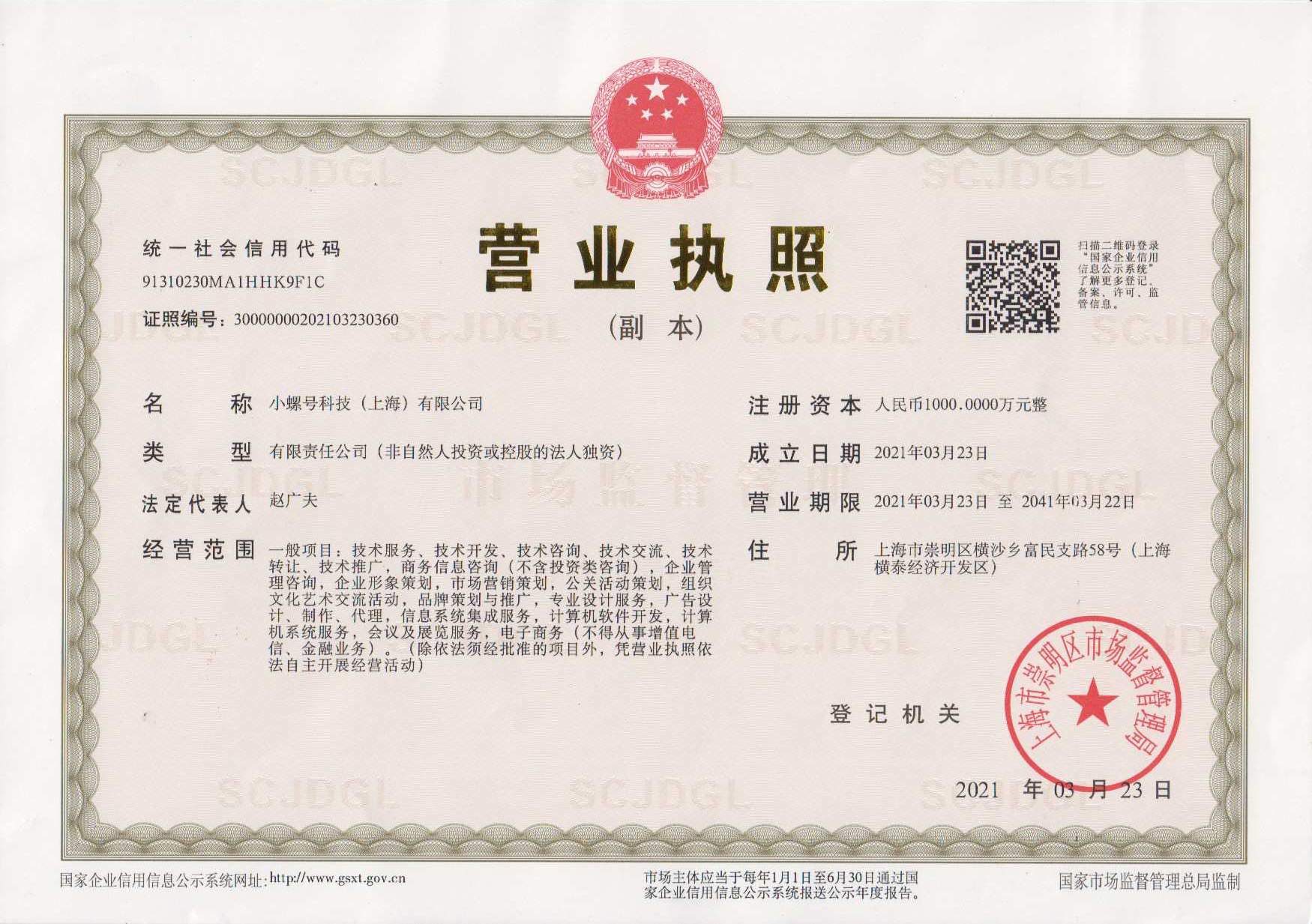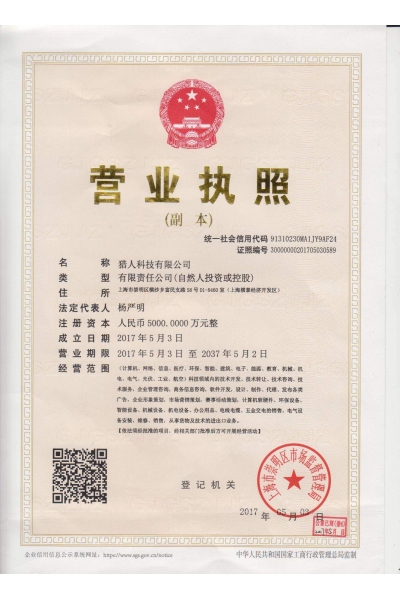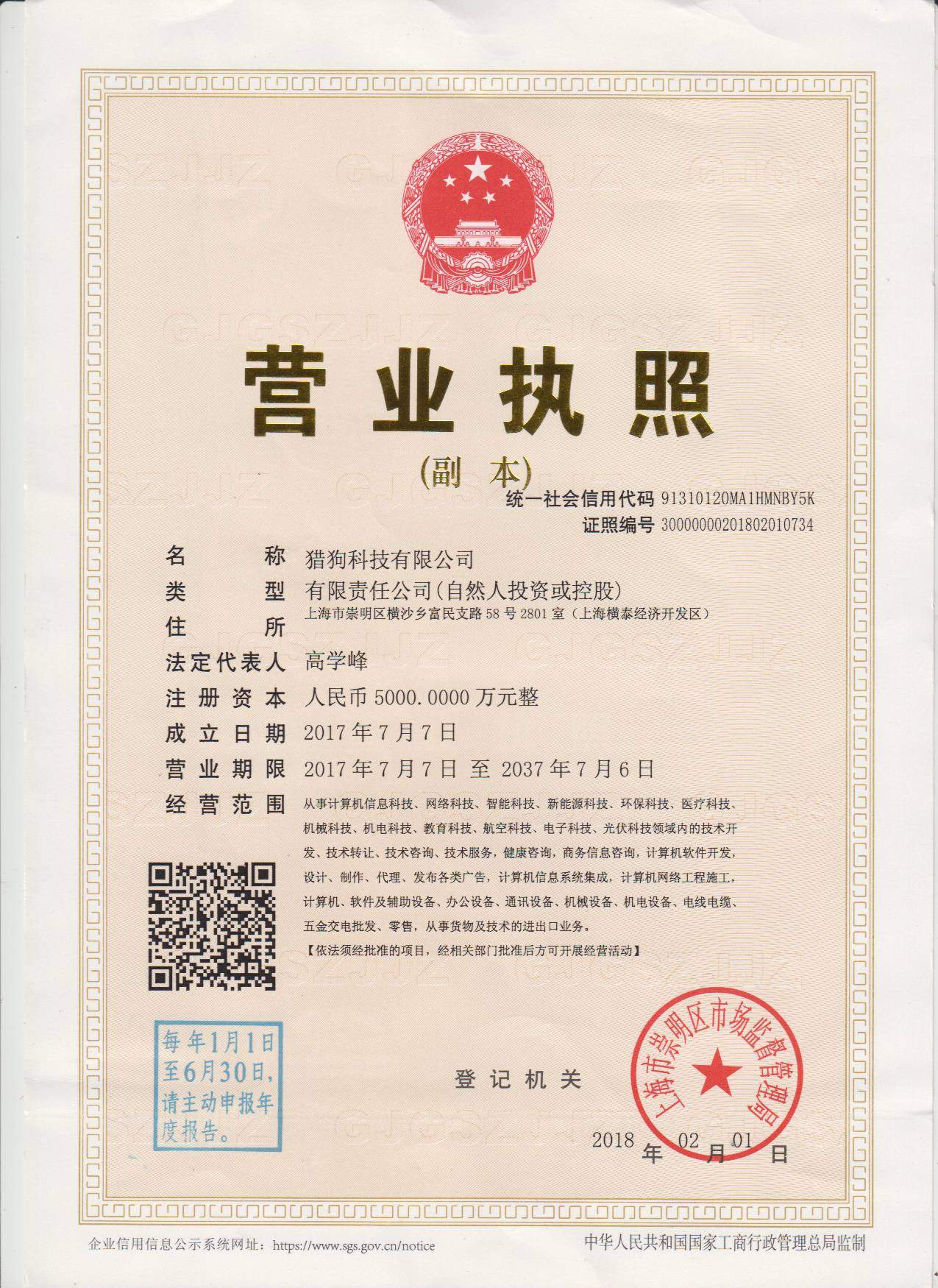This article provides a comprehensive overview of the dispute resolution mechanisms in the transfer process of a company or enterprise in an English contract version. It delves into six key aspects, including negotiation, mediation, arbitration, litigation, jurisdiction, and confidentiality, to offer insights into how parties can effectively resolve disputes during the transfer process. The article aims to assist both parties in understanding their rights and obligations, ensuring a smooth and legally compliant transfer.<
.jpg)
Introduction to Dispute Resolution in Company Transfer Contracts
The transfer of a company or enterprise often involves complex legal and commercial issues that may lead to disputes between the parties involved. To ensure the smooth execution of the transfer process, it is crucial to have a clear and comprehensive dispute resolution clause in the contract. This clause outlines the procedures and mechanisms that will be followed in the event of a dispute, helping to minimize the risks and costs associated with legal battles.
Negotiation
Negotiation is often the first step in resolving disputes. It involves direct communication between the parties to reach a mutually acceptable solution. In the context of a company transfer contract, negotiation can be facilitated by the inclusion of a mediation clause that requires the parties to engage in good faith negotiations before proceeding to more formal dispute resolution methods. This approach encourages open dialogue and can often lead to a quick and cost-effective resolution.
Mediation
If negotiation fails to resolve the dispute, the next step is typically mediation. Mediation is a voluntary and confidential process where a neutral third party, known as a mediator, assists the parties in reaching a settlement. The mediator facilitates communication and helps the parties explore potential solutions. Mediation is often preferred over arbitration or litigation due to its flexibility, cost-effectiveness, and the likelihood of preserving the business relationship between the parties.
Arbitration
Arbitration is a more formal dispute resolution mechanism that involves a binding decision made by one or more arbitrators. The parties agree to submit their dispute to arbitration, and the arbitrator(s) will review the evidence and arguments presented by each party before making a final decision. Arbitration is often preferred for its speed, cost-effectiveness, and confidentiality compared to litigation.
Litigation
In cases where arbitration or mediation is not suitable or fails to resolve the dispute, litigation may be the last resort. Litigation involves taking the case to court, where a judge or jury will make a final decision based on the evidence and arguments presented. While litigation can be time-consuming and costly, it provides a formal and binding resolution to the dispute.
Jurisdiction
The jurisdiction clause in the contract determines the legal system and court that will have authority over any disputes that arise. It is important for the parties to agree on a jurisdiction that is convenient and accessible for both parties, as well as one that has a reputation for fair and efficient dispute resolution. Failure to agree on jurisdiction can lead to lengthy and costly legal battles.
Confidentiality
Confidentiality is a critical aspect of dispute resolution in company transfers. The contract should include a confidentiality clause that prohibits the parties from disclosing any confidential information during the dispute resolution process. This helps to protect sensitive business information and maintain the integrity of the parties' operations.
Conclusion
The dispute resolution mechanisms in a company transfer contract are essential for ensuring a smooth and legally compliant transfer process. By incorporating negotiation, mediation, arbitration, litigation, jurisdiction, and confidentiality clauses, the parties can effectively manage and resolve any disputes that may arise. Understanding these mechanisms is crucial for both parties to protect their interests and ensure a successful transfer.
Service Insights from Shanghai Jiaxi Tax & Finance Co., Ltd.
At Shanghai Jiaxi Tax & Finance Co., Ltd., we understand the importance of a well-defined dispute resolution clause in company transfer contracts. Our expertise in the field allows us to provide comprehensive services that include drafting and reviewing contracts, ensuring that all necessary clauses are in place to protect our clients' interests. We emphasize the significance of clear and concise dispute resolution mechanisms, tailored to the specific needs of each transaction. Our team of legal professionals is committed to guiding our clients through the complexities of dispute resolution, ensuring a smooth and successful transfer process.
特别注明:本文《合同英文版中,转让过程中,双方如何解决争议?》属于政策性文本,具有一定时效性,如政策过期,需了解精准详细政策,请联系我们,帮助您了解更多“公司转让问答”政策;本文为官方(上海公司转让网——十年公司转让平台 - 上海加喜代理公司)原创文章,转载请标注本文链接“https://www.57www.com/zx/wd/79309.html”和出处“上海公司转让网”,否则追究相关责任!




